0084 Community Health Project—Using a Local Company’s Know-How to Promote a Healthier Community
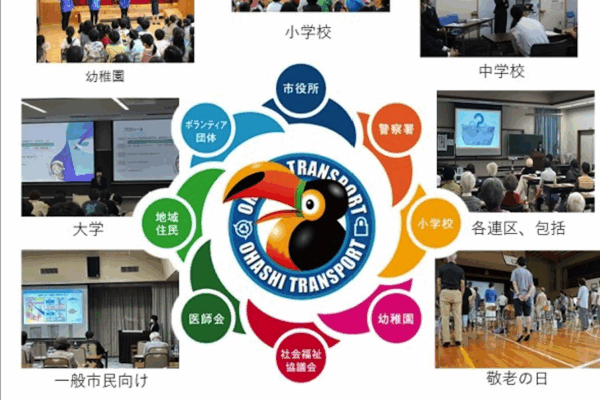
Ohashi Transport Co., a company with headquarters in Seto, had been carrying out in-house health management programs to maintain the mental and physical wellbeing of its employees as a means to improve each person’s vitality and productivity. They recognized that their experience could contribute to the promotion of health for their community, and so began working with the local government to implement a multi-pronged program focused on health education, exercise promotion, and social engagement.
Using Data-Based Strategies to Extend Healthy Life Expectancy
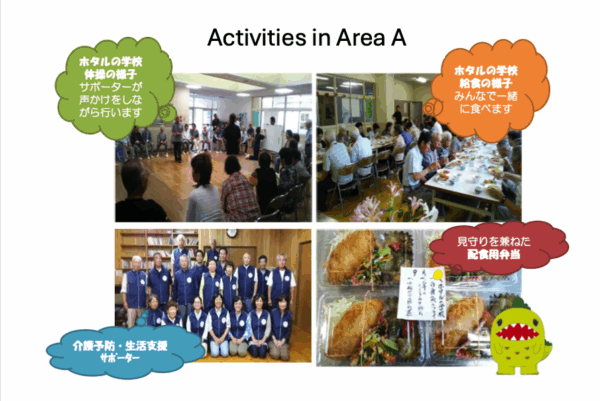
The town of Mifune had been implementing a number of initiatives to promote preventive care and community building for its older residents, so when the percentage of people certified as eligible for long-term care began to rise again, they realized they needed objective data to identify the health problems of the community and strategically address the problems.
Digital Literacy Modules for Older Persons
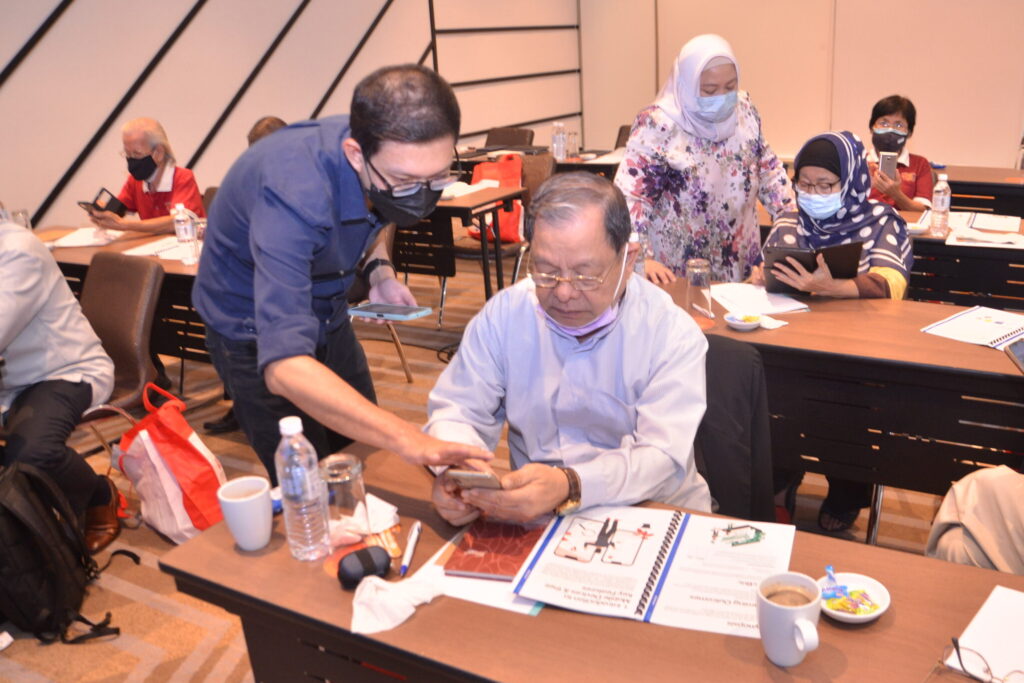
MyAgeing has created five comprehensive, evidence-based educational modules to improve digital literacy skills among older people, helping them access essential services and stay connected to their communities. Topics include using mobile devices for navigation, messaging, and shopping, and they focus
particularly on accessing safe content and avoiding scams.
Manoottangwai Intergenerational Online Media Campaign
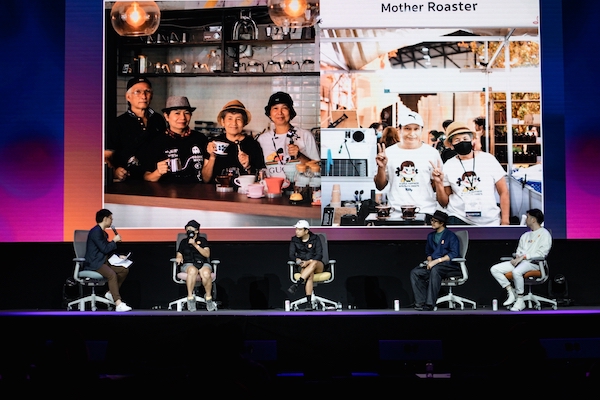
Manoottangwai, a Thai online media platform, targets older people to create a positive mindset and help them achieve an active lifestyle, and it targets younger people to help them understand that post-retirement wellbeing.
“Dementia Eyes”—Experiencing Dementia through AR
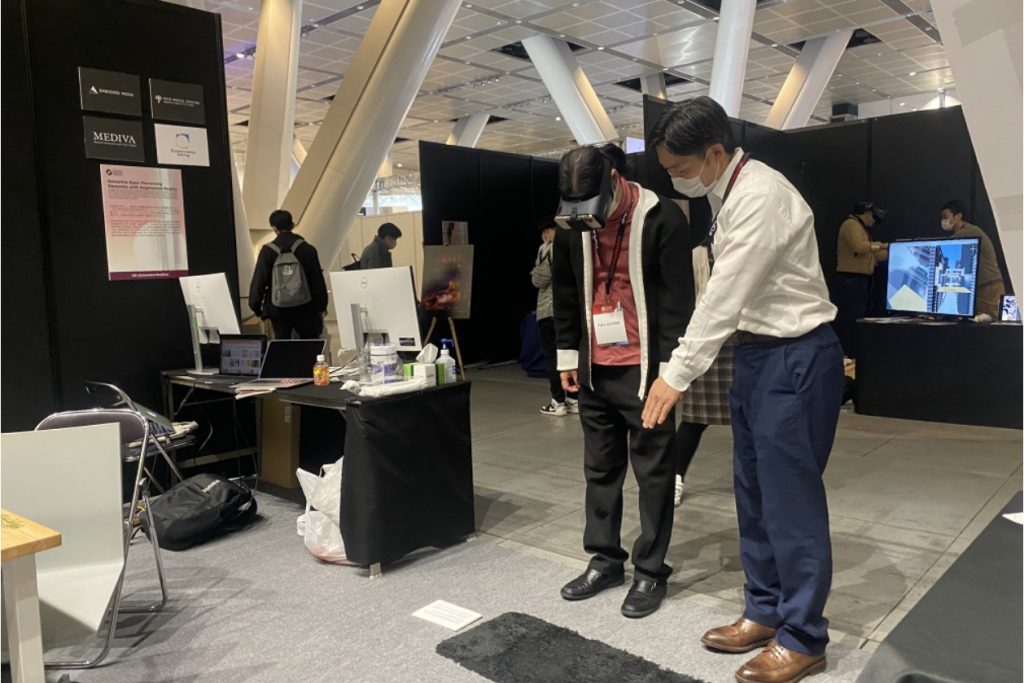
Dementia Eyes uses an augmented reality (AR) filter to reproduce the visual difficulties experienced by people with dementia, such as poor depth perception. Unlike VR, which creates a virtual space, AR lets users experience the effects in their real surroundings.
VR Dementia
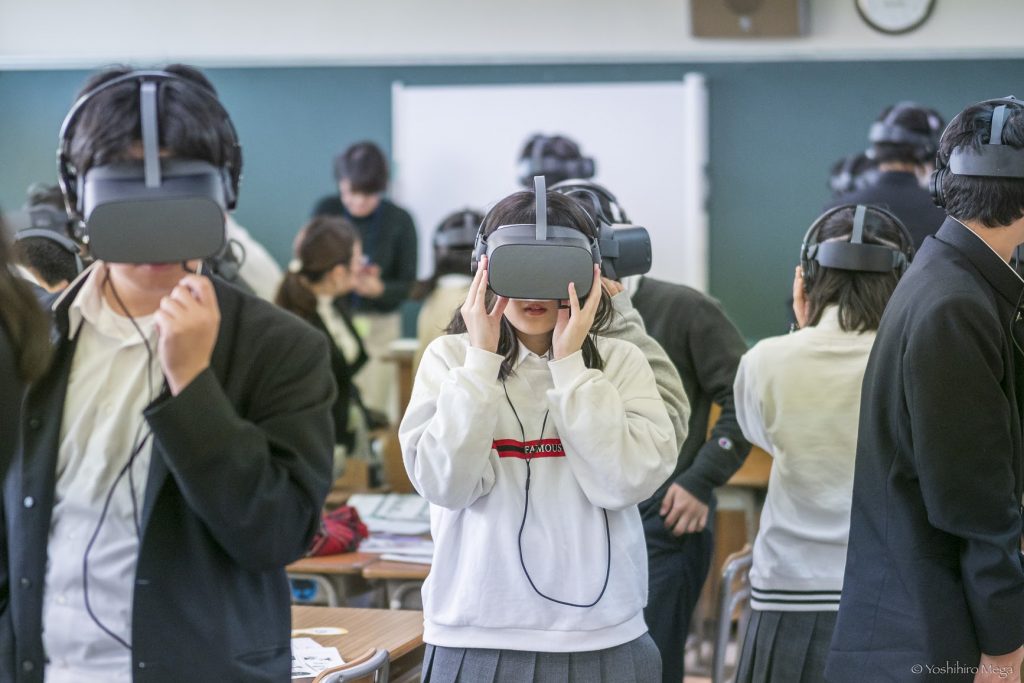
Using virtual reality (VR) technology and a trained facilitator, this program allows caregivers, nurses, family members, and the general public to experience the symptoms of dementia from a first-hand perspective, experiencing the emotions brought about due to the symptoms and the interactions with the people nearby.

